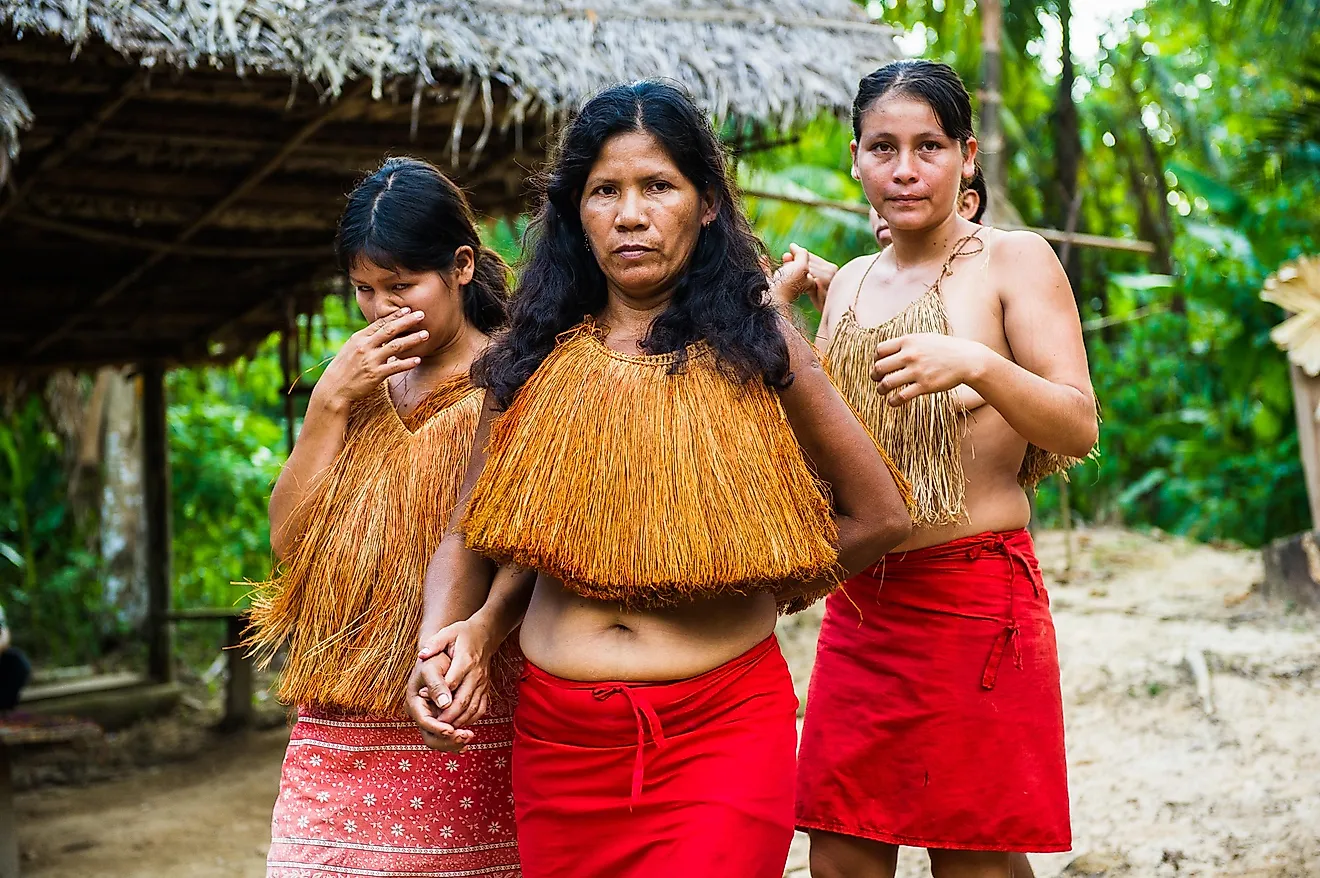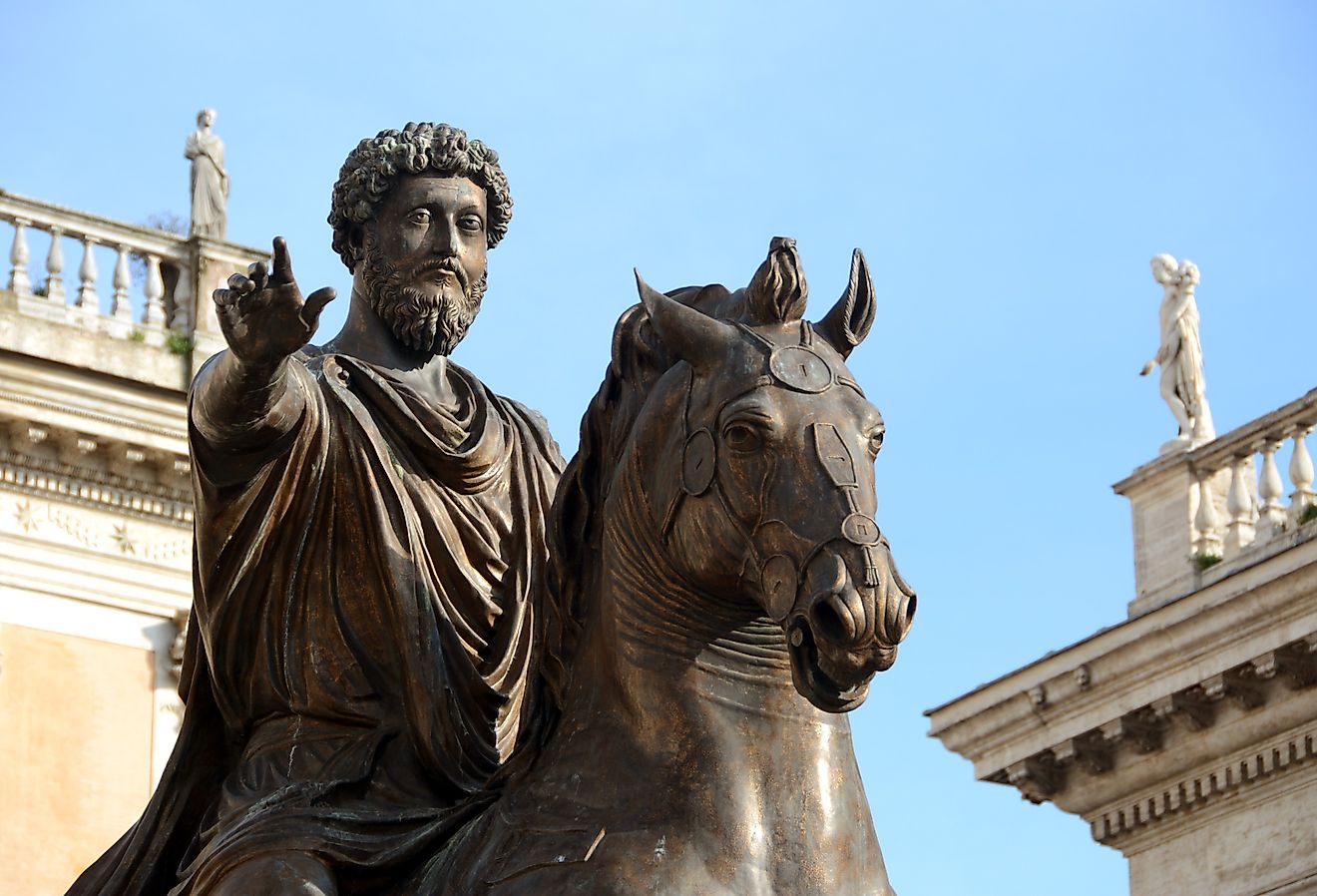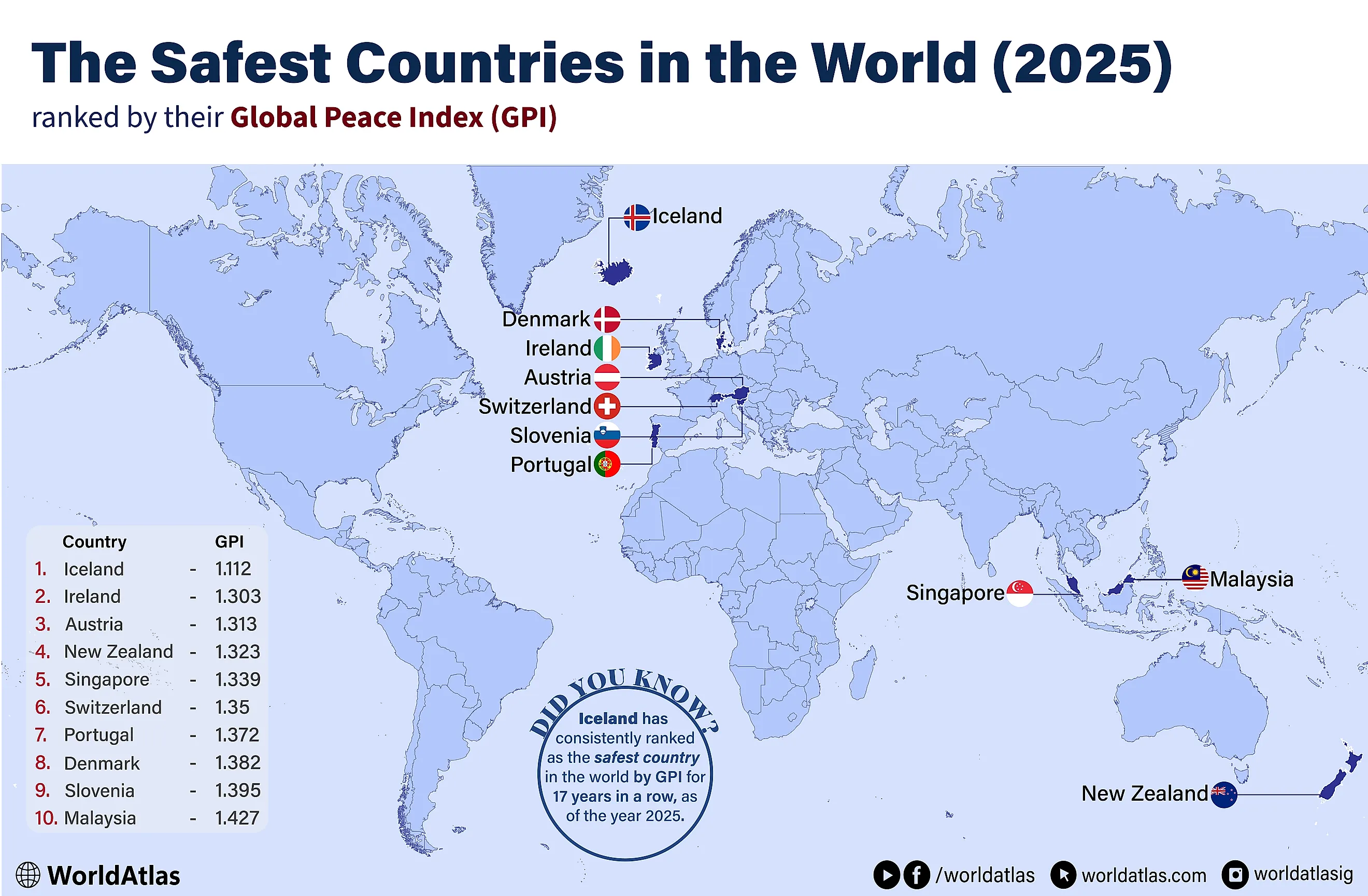
The Safest Countries In The World for 2025
When we talk about safety, the Global Peace Index (GPI) is the measuring stick most governments, multinationals, and frequent flyers reach for. Updated each year by the Institute for Economics & Peace, the GPI integrates 23 datapoints, everything from violent-crime rates and political stability to military expenditure, to assign every nation a single score. The lower the number, the more peaceful the country.
What leaps out from the 2024 results is how consistently small, well-governed societies punch above their weight. Iceland, with fewer residents than a mid-size European city, claims first place for the 17th year on the trot. Ireland and Austria round out the podium, reinforcing the idea that robust social safety nets, low corruption, and a culture of consensus politics pay dividends in public security. Yet geography isn’t destiny: Singapore and New Zealand, half a world apart, prove that disciplined institutions and forward-thinking crisis management can insulate nations from regional turbulence. Even rising middle-income performers like Malaysia show that targeted police reforms and community engagement can move the needle fast.
As of 2025, Iceland, Ireland, and Austria are the safest countries in the world, with GPI scores of 1.112, 1.303, and 1.313, respectively.
The 10 Safest Countries In The World
| Rank | Country | Score |
|---|---|---|
| 1 | Iceland | 1.112 |
| 2 | Ireland | 1.303 |
| 3 | Austria | 1.313 |
| 4 | New Zealand | 1.323 |
| 5 | Singapore | 1.339 |
| 6 | Switzerland | 1.35 |
| 7 | Portugal | 1.372 |
| 8 | Denmark | 1.382 |
| 9 | Slovenia | 1.395 |
| 10 | Malaysia | 1.427 |
Jump to the list of all countries ranked by their safety (GPI)
1. Iceland - 1.112
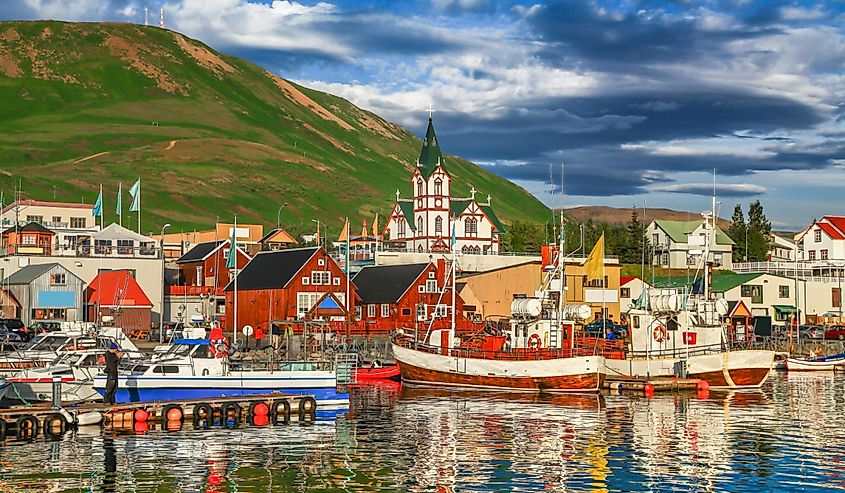
Iceland tops the Global Peace Index for the 17th consecutive year, thanks to its social cohesion and responsive governance. With no standing army, defence spending is redirected into universal healthcare, education, and a powerful welfare net that suppresses inequality and crime. Police rarely carry firearms, and violent offences are virtually unheard of; Reykjavík’s homicide rate sits near zero. Political institutions rank among the world’s most trusted, and high voter turnout fosters consensus decision-making. Geographic isolation, rigorous disaster-preparedness training, and world-leading cybersecurity further shield residents, visitors, and explorers alike, cementing Iceland’s reputation as the unquestionably safest destination on Earth.
2. Ireland - 1.303

Ireland ranks among the world’s ten safest nations because of its stable democracy, trusted institutions, and low violent-crime rates. Since the 1998 Good Friday Agreement, sectarian violence has collapsed, leaving homicide levels near the bottom of EU tables and an unarmed community-based police force patrolling most streets. The Republic’s long-standing policy of military neutrality keeps defence spending modest, freeing resources for universal healthcare, social protection, and education-innovation programmes that lessen inequality, key drivers of peace. Robust press freedom, strong rule-of-law scores, and cooperative foreign relations complete a security landscape the Global Peace Index recognises as exemplary.
3. Austria - 1.313
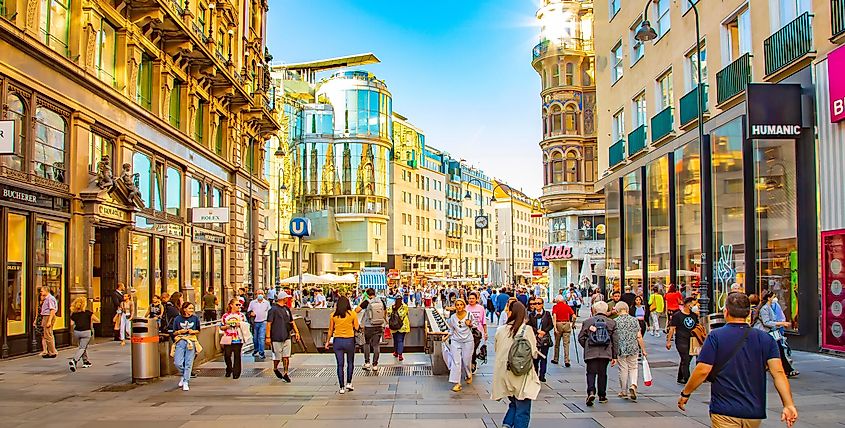
A steadfast commitment to neutrality and diplomacy underpins Austria’s ranking among the world’s ten safest nations on the Global Peace Index. Since regaining sovereignty in 1955, the republic has avoided military alliances, focusing instead on dialogue through institutions it hosts, including the OSCE. Stable democratic governance, low income inequality, and universal social services help curb crime and unrest, while well-trained, community-oriented police maintain public trust without heavy militarisation. Strict gun laws, efficient justice, and high human-development standards reinforce social cohesion. Surrounded by EU neighbours, Austria benefits from open-border cooperation, making its cities and villages secure for residents and visitors alike.
4. New Zealand - 1.323
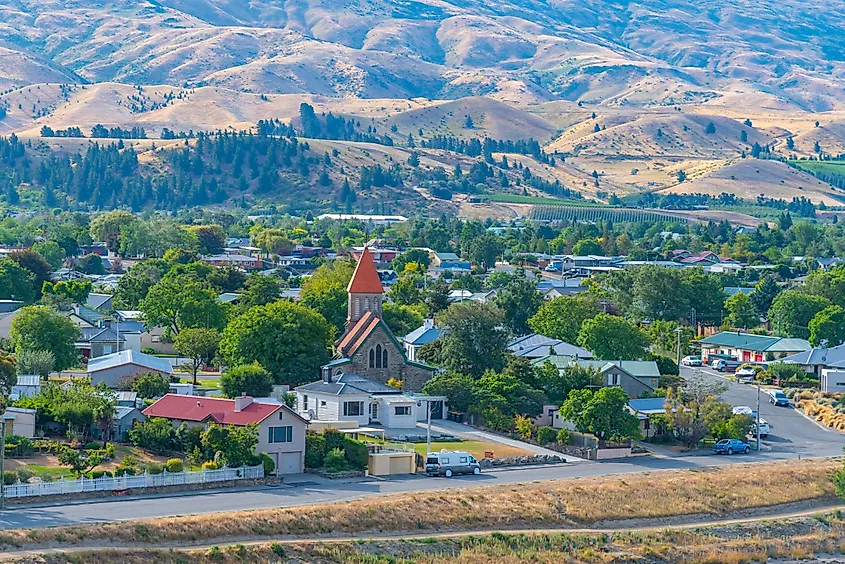
Isolated in the South Pacific, New Zealand ranks among the globe’s ten safest nations because its risks, internal and external, are remarkably low. A stable parliamentary democracy, it tops transparency tables, so corruption-fuelled violence is rare. Police carry firearms only when required; community trust keeps crime rates modest. The country’s neutral foreign policy and lack of land borders minimize geopolitical tension, while defence spending stays restrained. Inclusive social policies, respect for Māori and minority rights, and world-leading disaster preparedness further strengthen societal resilience. With excellent education, strong health care, and a vibrant civil society, New Zealand nurtures cohesion rather than conflict every single day.
5. Singapore - 1.339

Singapore ranks fifth among the Global Peace Index’s ten safest nations because security permeates every layer of society. A stable parliamentary republic backed by an incorruptible civil service enforces clear laws swiftly through an efficient common-law judiciary. Rigorous gun control, tough penalties for violent or drug crime, and ubiquitous cameras deter wrongdoing, keeping streets safe day and night. Multiracial harmony is protected constitutionally, while extensive social-welfare, housing, and education programmes reduce inequality and unrest. Strategic policing combines analytics with community partnerships; emergency preparedness and a well-trained defence force further insulate the island. The result is consistently low crime and high confidence.
6. Switzerland - 1.35
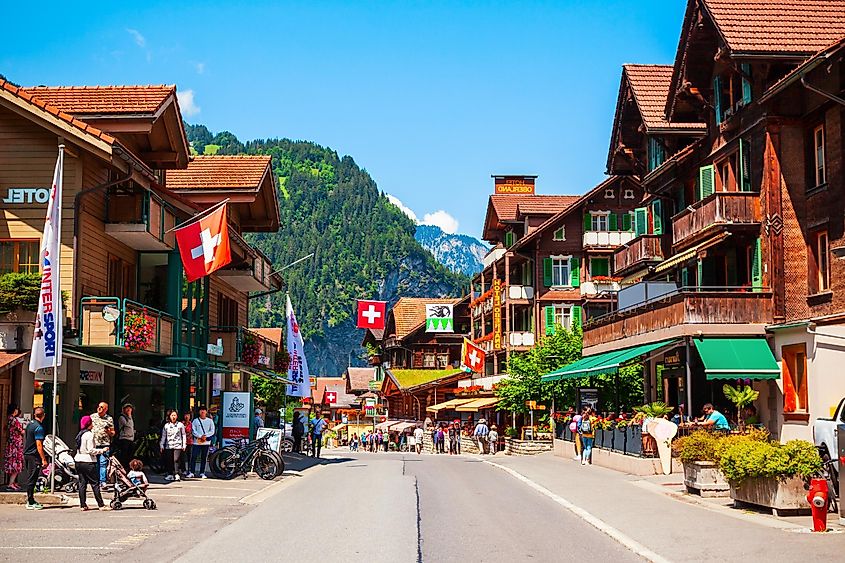
Switzerland consistently ranks among the Global Peace Index’s ten safest states thanks to its political stability, prosperity, and community trust. A 500-year tradition of armed neutrality keeps the country clear of external conflicts, while a highly professional citizen-militia and well-fortified Alps provide credible deterrence. Direct-democracy cantonal governance fosters inclusion, defusing social tension among the multilingual population. Low inequality, world-class healthcare and education, plus the second-highest HDI, underpin social cohesion. Transparent institutions and some of the planet’s least-corrupt courts and police translate into very low violent-crime rates, allowing residents and visitors to feel secure nationwide every day.
7. Portugal - 1.372
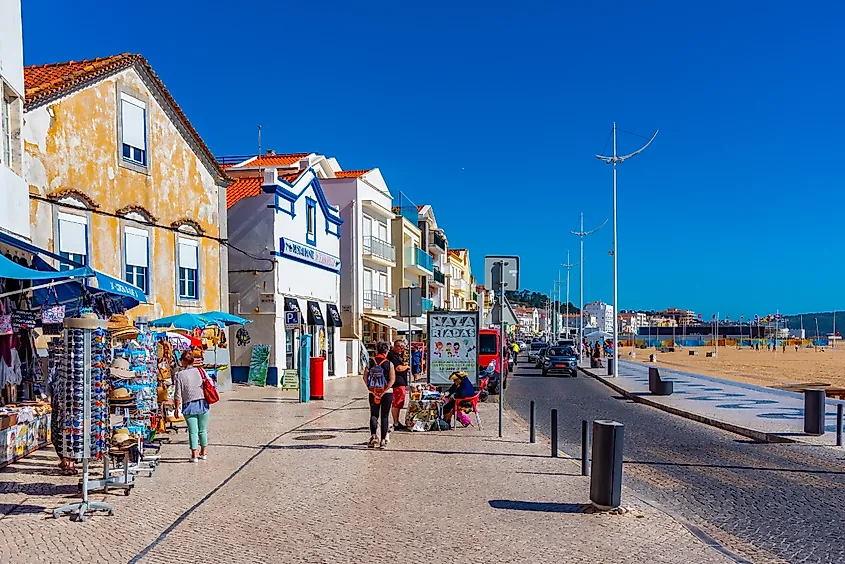
Portugal earns its place among the world’s safest countries by combining decades of democratic consolidation with effective public policy. Once under dictatorship, the country has built strong, trusted institutions since 1974. It has one of the lowest crime rates in Europe, including declining violent offences and homicide figures below 1 per 100,000 people. Investment in social inclusion, youth education, and decriminalised drug policy has yielded long-term dividends in community stability. The judiciary operates independently, and security forces are professional and restrained. Political stability, minimal military engagement, and a high quality of life help Portugal maintain peace at home and abroad.
8. Denmark - 1.382
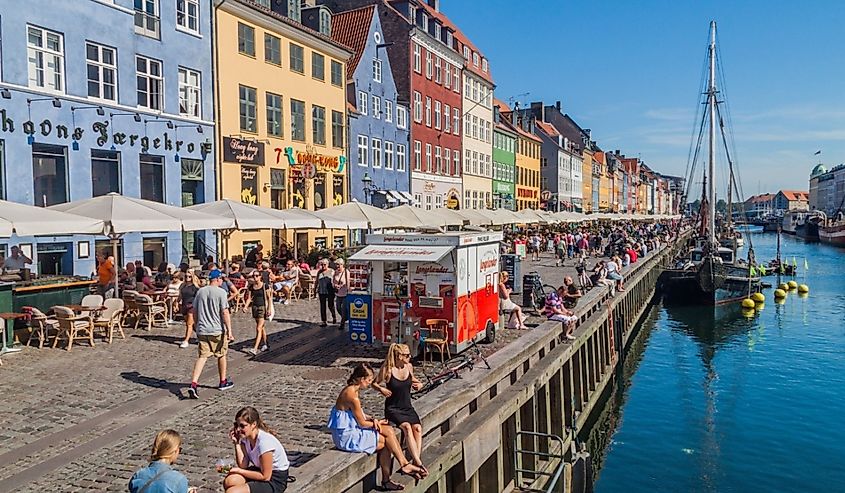
Consistently ranking in the Global Peace Index’s top ten, Denmark has stable governance with an egalitarian social model to create exceptional safety. Its centuries-old constitutional monarchy fosters political consensus, transparent institutions, and an independent judiciary, while generous welfare buffers reduce inequality and social tension. Comprehensive education, near-universal healthcare, and proactive mental-health policies support community wellbeing, helping keep violent crime rates among Europe’s lowest. Internationally, Denmark pursues cooperative diplomacy through NATO and the EU, avoiding external conflicts. Combined with trusted police, resilient infrastructure,e and a population that values social cohesion, these factors make Denmark one of the world’s safest societies today.
9. Slovenia - 1.395

Slovenia’s place among the Global Peace Index’s top ten rests on social harmony, sound governance, and serene geography. A stable parliamentary republic, it enjoys very low inequality (Gini 23.4) and one of Europe’s smallest crime rates. Independent courts, responsive police, and near-universal education foster trust in institutions, while EU and NATO membership anchor its secure international posture. The population of just over two million benefits from high per-capita income, extensive social services, and excellent healthcare, reducing social tension. Pristine natural surroundings encourage outdoor lifestyles, and inclusive community networks reinforce the calm, welcoming atmosphere visitors immediately feel here.
10. Malaysia - 1.427
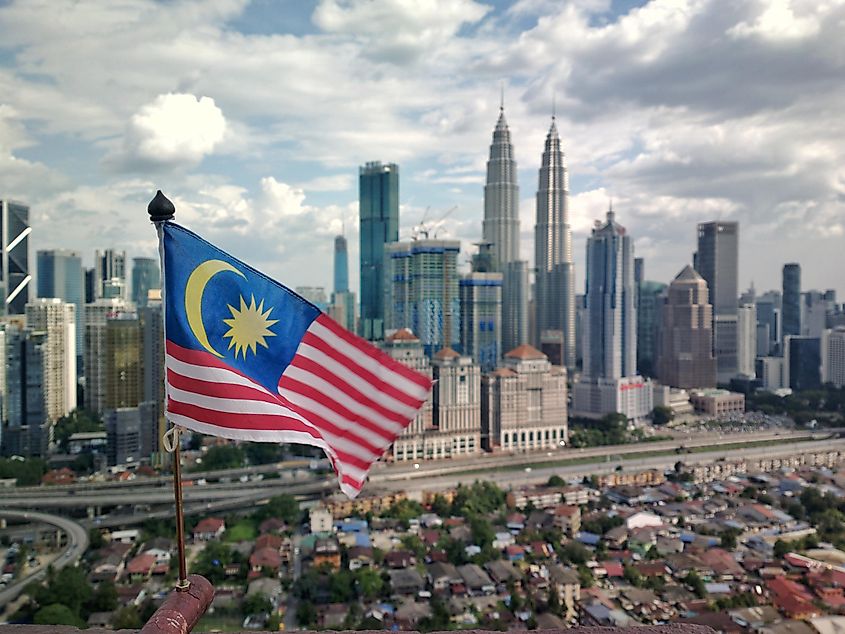
Malaysia earns its top-ten GPI status through a mix of political stability, multicultural harmony, and proactive security policy. A constitutional monarchy with clear separation of powers avoids interstate conflict and pursues a neutral, diplomatic foreign posture, lowering external threat levels. Inside its borders, crime rates are contained by community-based policing, stringent gun control, and strong social safety nets arising from sustained economic growth and low unemployment. Inclusive education, near-universal healthcare, and interfaith respect knit diverse Malay, Chinese, Indian, and indigenous communities together, reducing social tension. Well-funded emergency response networks and regional defence partnerships further safeguard citizens and visitors alike.
Date updated: 6/6/2025
